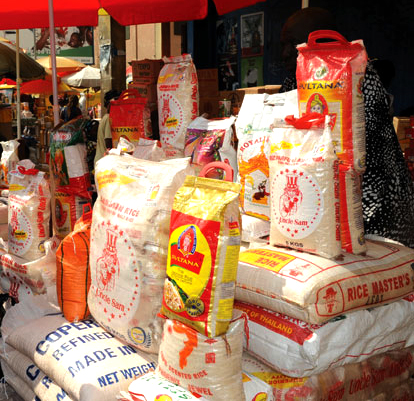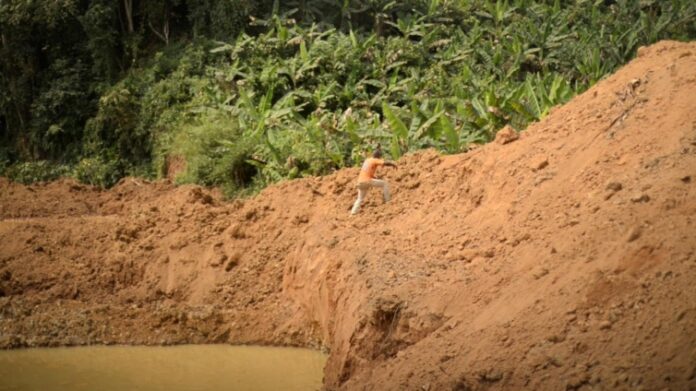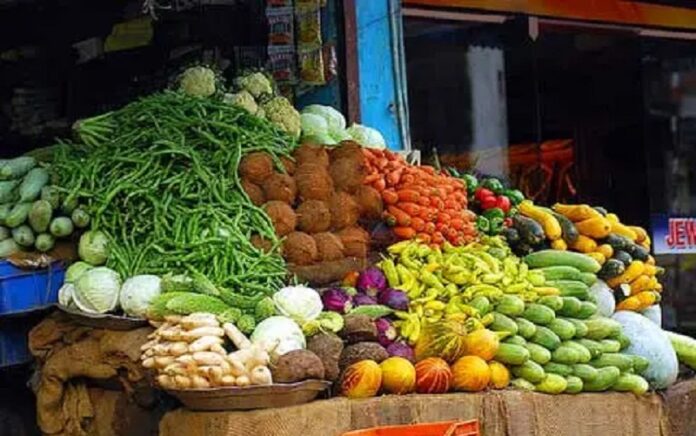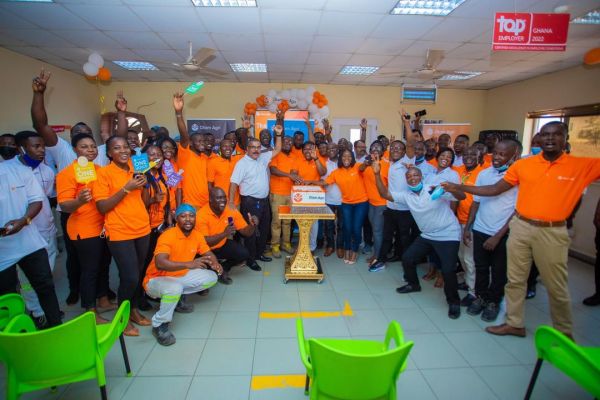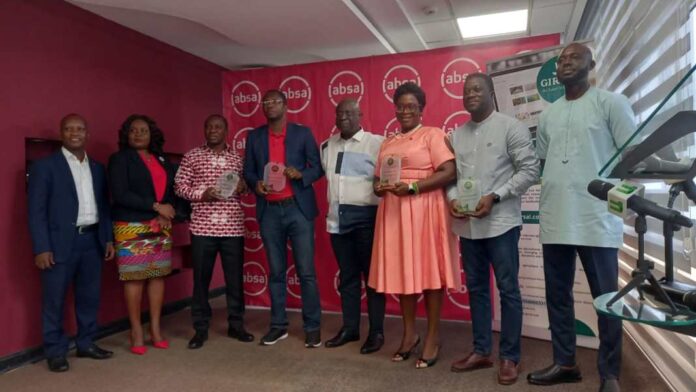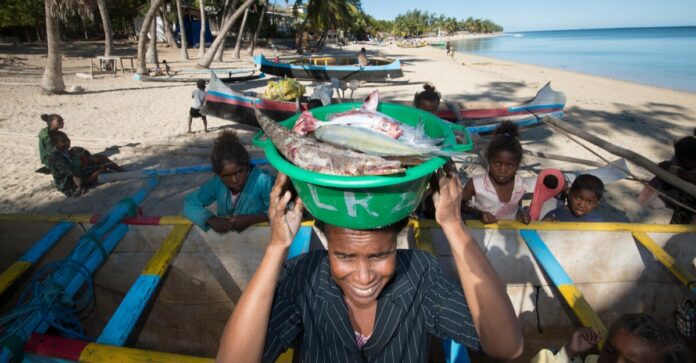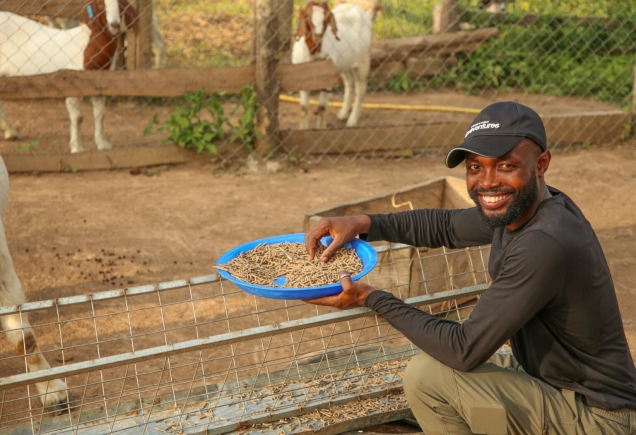Rice imports to Ghana fell by about 45.34% between 2021 and 2023, data from the Ministry of Food and Agriculture has revealed.
In 2021, the total rice import was estimated at 805,000 metric tons (MT). It fell to 650,000 MT in 2022 and subsequently to 440,000 MT in 2023.
This reduction, according to various stakeholders in the industry, could be attributed to increases in import taxes and the reversal of the benchmark value discount policy on some selected imported products including rice into the country.
Farmers over the years have lamented about the lack of buyers for harvested rice in warehouses across the country and price disparities on the market as a result of cheap smuggled foreign rice brands.
To make up for the shortfall in the overall national rice supply, the report said Ghana must produce 1.0 million metric tons of rice locally to be self-sufficient. This will help save the nation about $500 million in import expenditure annually.
To empower local production, the government decided to ban cereal exports from September 2021 to September 2022, which was to ensure price increases and market availability of local rice.
This was after Ghana’s import bill exceeded $10 billion annually (comprising of rice, fish, poultry, and palm oil).
According to Agriculture Research for Sustainable Development (CIRAD,2007), Ghana’s rice self-sufficiency ratio declined from 38% in 1999 to 24 percent in 2006, but increased to about 43% in 2020.
This discovery, the report said, calls for more efforts to make the local rice value chain competitive to drive growth and economic transformation.
Government launched PFJ in 2017
In 2017, the Government of Ghana launched its flagship policy, the Planting for Food and Jobs which was to modernize agriculture, improve production efficiency, and achieve food security, and profitability for farmers. The second Phase of the policy was further launched in July 2023 to leverage information technology to avoid the key pitfall in the phase one of the PFJ.
The PFJ summarily targeted a significant increase in agricultural productivity and pursued a value-addition strategy, aimed at rapidly ramping up agro-processing and developing new and stable markets. However, critics say the programme has been a failure as food inflation rose to over 50 percent last year forcing the Ministry to transport food from rural areas to cities to mitigate the impact.
The government plans to provide 34,682 metric tons of seeds to farmers in 2024.

